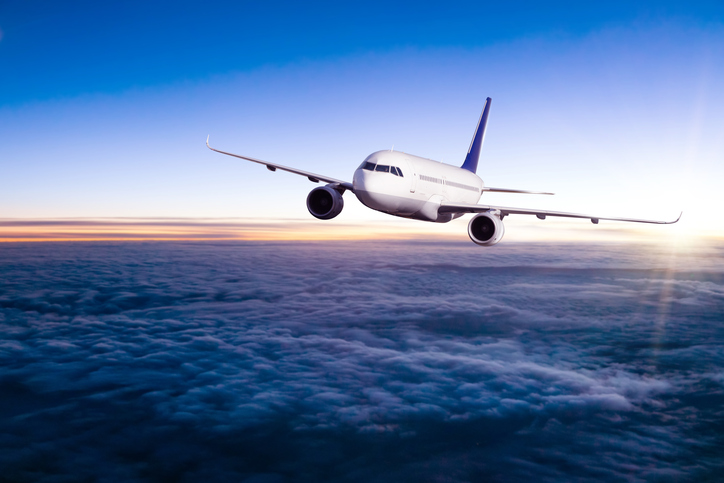New Zealand called in its defence force on Monday to help move fuel around the country after a burst oil pipeline triggered a jet fuel shortage, causing dozens of flight cancellations and disrupting the plans of thousands of airline passengers.
Air New Zealand said it had cancelled four flights to Australia and 14 domestic flights after jet fuel supplies were cut by 70 percent, while the pipeline damage also raised fears of a fuel shortage for motorists in New Zealand’s biggest city.
The disruption was expected to last for about a week and airlines said they would look at refuelling in other cities domestically, or at Pacific and Australian airports to ensure long-haul services could continue.
As well as Air New Zealand, Qantas, Virgin Australia Holdings Ltd, Cathay Pacific and Emirates said on their websites that some flights had been affected.
The supply cut followed a leak in a pipeline owned by New Zealand Refining Co Ltd. The pipeline was closed for repairs and expected to return to 70 percent capacity by Sept. 24-26, a spokesman said.
The New Zealand government, which faces an election on Saturday, came under pressure to intervene amid concerns of a shortage of motor fuel.
“The government will commit whatever resources and effort are required to get this sorted out as quickly as possible with a minimum of disruption,” Energy and Resources Minister Judith Collins said in a statement.
To free up industry to focus on the airport, the New Zealand Defence Force (NZDF) would supply a naval tanker to move diesel fuel from a refinery at Marsden Point, about 140 kms (87 miles) from Auckland, to other parts of the country, she said.
Defence would also provide 20 more tanker drivers, cancel an exercise with Singapore to save fuel, and look at options to let some commuter aircraft refuel at an airforce base.
Collins said she had been advised that fuel supplies were currently sufficient for Auckland motorists.
Prime Minister Bill English earlier noted that the pipeline was privately owned and urged the parties involved to look at contingency plans to stop such incidents in the future.
“They need to go back and look at (the idea of) the second pipeline. The other alternative that they have been examining more recently, I understand, is significantly greater storage at the airport.”






